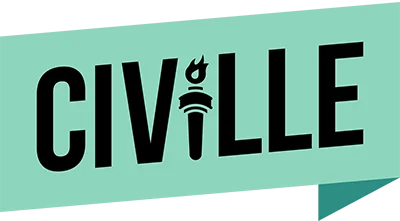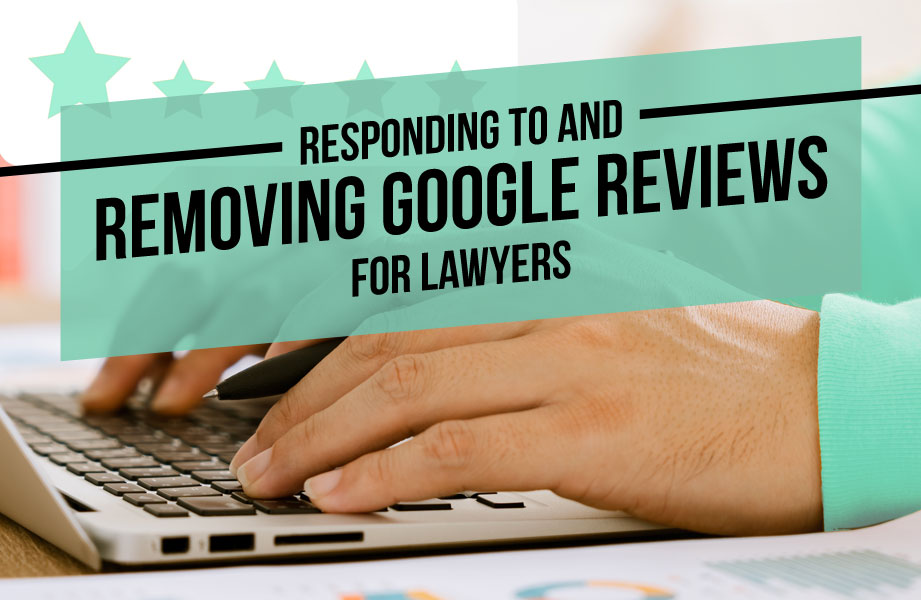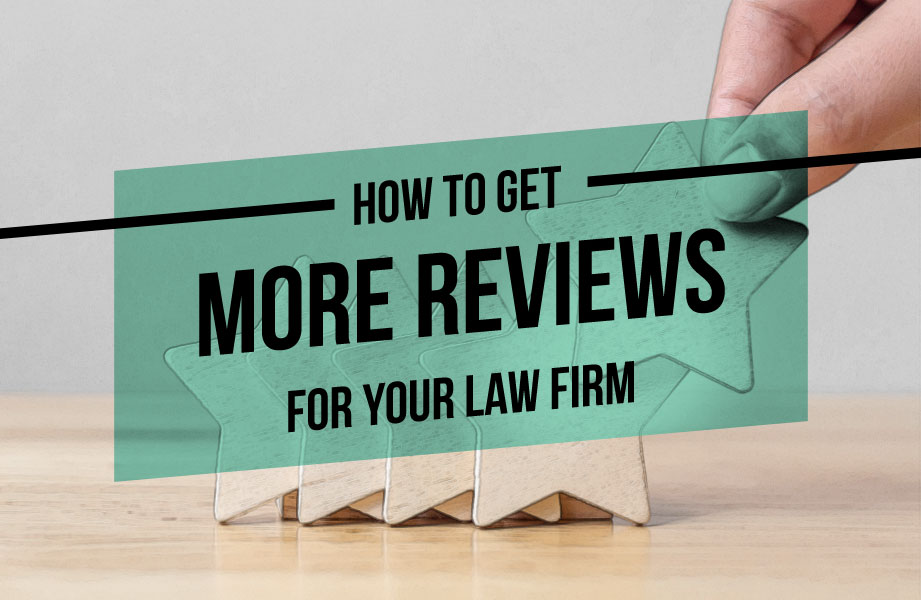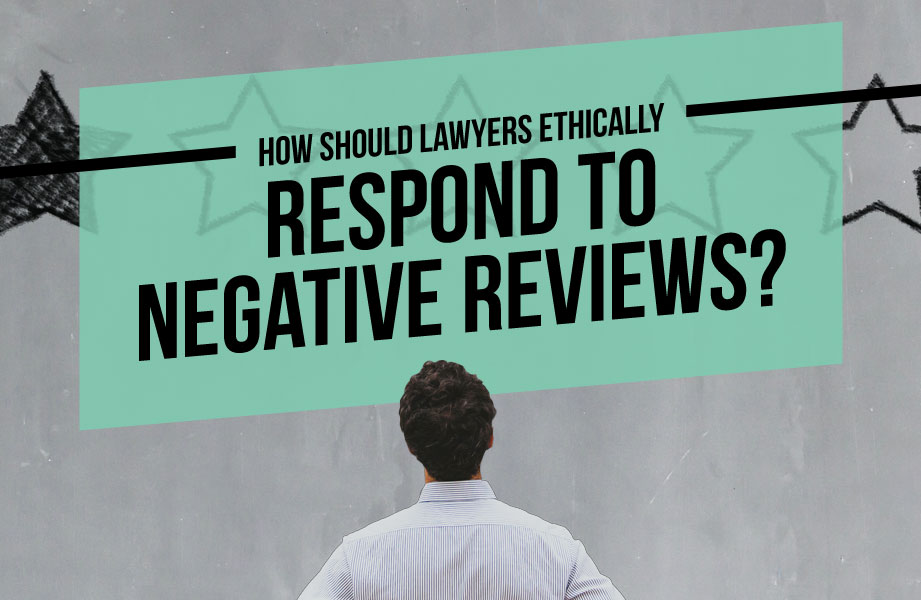
The Internet’s power and influence are unlimited for all intents and purposes. With just the smartphone in our pocket, we can make dinner reservations, order entirely new living room furniture, and, most crucially, interact with almost anyone in the world. That level of social connectivity is the epitome of a double-edged sword. There are several websites (Yelp!, Google, etc.) with the purpose of finding, rating, and reviewing businesses. This is an excellent way for almost every industry to promote itself and directly interact with customers. However, attorneys operate within a strict framework presenting hurdles that don’t affect most proprietors. So, how should lawyers ethically respond to negative reviews?
Read More: How to Get More Google Reviews for Your Law Firm
American Bar Association Formal Opinion 496
Even if an attorney doesn’t have a very robust presence on the Internet, there are still many ways people can leave their opinions about a legal practice for anyone to read.
Professional rules and standards are not a concern for the general public. Attorneys must consider professional standards and ethics in every decision they make. The American Bar Association issued Formal Opinion 496 (2021), which says in part:
“Model Rule of Professional Conduct 1.6(a) prohibits lawyers from disclosing information relating to any client’s representation or information that could reasonably lead to the discovery of confidential information by another…”
SEO experts suggest meeting negative reviews head-on and trying to resolve the customer’s problem as publicly and transparently as possible. That simply isn’t possible for attorneys because the essence of diffusing any public conflict is providing context. Suppose someone has a negative view of a lawyer’s work. In that case, there isn’t a great way to resolve it on a message board without violating attorney-client privilege — an obviously unforgivable, and disbarrable offense.
GMB is Now GBP – And Still Vital for Your Firm
Best practices for lawyers dealing with bad reviews
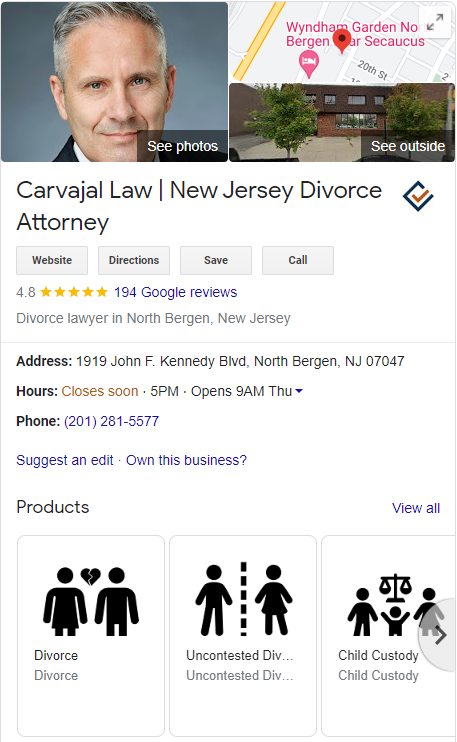
David L. Hudson, Jr. offered some advice on ABAJournal.com in a January 2021 article. Hudson’s advice is obvious, if unsatisfying. He cites guidance from the American Bar Association’s Standing Committee on Ethics and Professional Responsibility that says simply, ‘Don’t engage.’ An attorney can’t be accused of divulging privileged information if they don’t respond to the negative review in the first place.
There is a mechanism for attorneys to defend themselves against negative reviews. However, Hudson’s article points to ABA Model Rule 1.6 (b)(5), which basically says someone’s bad online review doesn’t meet the ‘controversy between the lawyer and the client’ standard outlined in the Model Rule.
If the review is particularly egregious or the attorney simply can’t let the matter go unanswered, there could be a workable compromise. Respond with a generic statement that invites the person leaving the comment to discuss the issue privately. Share a phone number, email address, or any way to meet offline and try to work things out as amicably and, most importantly, privately as possible. It’s easy to get pulled into the mud with someone trolling the comments looking for a fight. But, remember, they don’t have any professional ethics or responsibility to consider, and every attorney does.
If you’re looking for a way to have a more robust online presence, or it’s just time to have a modern and more functional website, contact a Civille representative today.
